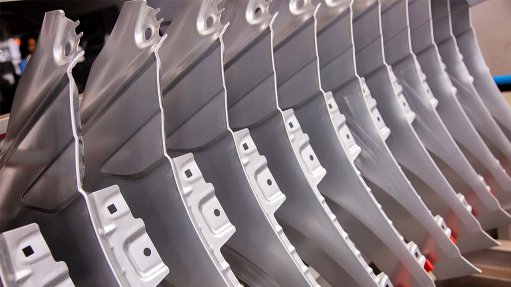
The Automotive Manufacturers Employers’ Association (AMEO) has signed a new three-year wage agreement with the National Union of Metalworkers of South Africa (Numsa).
The wage increase will be effected retrospectively from July 1.
This was the third time negotiations within the vehicle manufacturing industry were concluded without industrial action.
According to the agreement, hourly associates will receive a 9% increase in the first year, and for the second and third years they will receive an increase in line with the consumer price index, or 7%, whichever is greater.
In the context of the recent extension of government’s Automotive Production and Development Programme until 2035, the successful conclusion of wage and conditions-of-employment negotiations for the next three years creates a platform for much-needed stability in the motor industry, says AMEO spokesperson Andile Dlamini.
The agreement will help South Africa-based vehicle manufacturers conduct long-term planning, model allocation and volume planning, he adds.
AMEO represents South Africa’s seven automotive manufacturers, namely BMW, Ford, Isuzu, Mercedes-Benz, Nissan, Toyota and Volkswagen.
Together, these manufacturers produced 610 854 vehicles in 2018 and exported 351 139 (58%) of that production to 155 countries across the globe.
In addition, the seven AMEO members have jointly forecast a total investment in capital and equipment of R39.4-billion in the five-year period starting in 2019, notes Dlamini.
Close to R52-billion has been invested since 2010.
The automotive sector contributed R178.8-billion to the fiscus in 2018 through the export of vehicles and components, which ranks it in the top five exporting sectors in South Africa. In the same year, it contributed 6.9% of the country’s gross domestic product.
The industry employs 87 777 people directly and an additional 380 725 people indirectly in the supply chain, making it a critical industrial employer, says Dlamini.